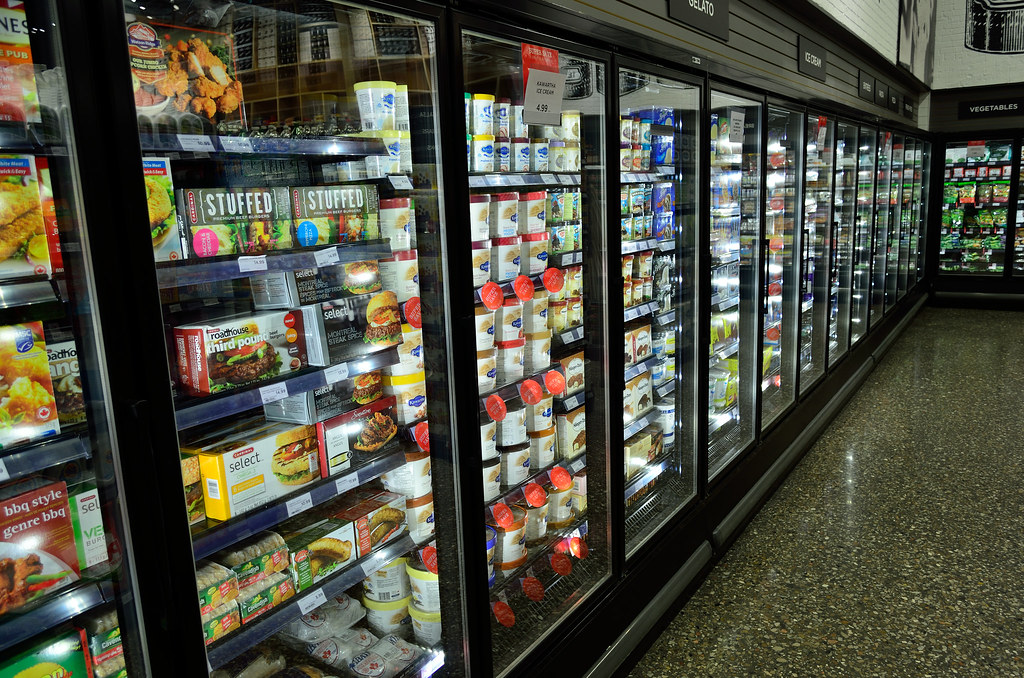
Americans showed reduced fears about inflation in May, coinciding with President Donald Trump’s decision to pull back from some of his most severe tariff proposals. The New York Federal Reserve’s Survey of Consumer Expectations released Monday revealed a notable drop in inflation outlooks.
The one-year inflation expectation fell significantly to 3.2%, down 0.4 percentage points from April. Similarly, the three-year forecast dipped 0.2 points to 3%, and the five-year outlook edged down slightly to 2.6% from 2.7%. Although these figures remain above the Federal Reserve’s 2% target, they signal a softening in inflation worries.
Tariff Rollbacks Influence Consumer Sentiment
Trump initially proposed universal 10% tariffs on all U.S. imports and reciprocal duties on many countries, culminating in the dramatic “liberation day” tariff announcement on April 2. However, he later retreated from some tariffs, implementing a 90-day negotiation period that expires in July. This shift appears to have alleviated consumer anxiety about inflation driven by trade tensions.
Kevin Hassett, National Economic Council Director, highlighted on CNBC’s “Squawk Box” that inflation has declined significantly in recent months despite increased tariff revenues. He noted this trend contradicts common narratives about tariffs driving inflation higher.
Inflation Metrics and Price Expectations
The Fed’s preferred personal consumption expenditures (PCE) price index showed inflation at 2.1% in April, the lowest level since February 2021. Core PCE, which excludes volatile food and energy prices, stood at 2.5%, offering a better gauge of underlying inflation trends.
The New York Fed survey indicated declines in inflation expectations across most price categories. However, respondents anticipated a 5.5% rise in food prices over the next year—an increase of 0.4 percentage points and the highest since October 2023. Gasoline price expectations eased to 2.7%, down 0.8 points. Medical care, college tuition, and rent inflation expectations also declined month-over-month.
The survey also showed improved employment confidence, with the share of respondents expecting to lose their jobs in the next year falling to 14.8%, a half-point drop. Additionally, the probability of missing a minimum debt payment over the next three months declined to 13.4%, the lowest level since January.
Stock market optimism rose slightly, with 36.3% of respondents expecting market gains over the next year, up 0.6 percentage points.
Author’s Opinion
The easing of inflation fears in May suggests that consumers are responding positively to a less aggressive tariff environment and improving economic signals. While inflation remains above the Fed’s ideal target, the downward trend in expectations, combined with rising optimism about jobs and markets, points to growing consumer confidence. However, rising food prices remind us that inflation pressures have not fully dissipated, underscoring the need for continued vigilance in economic policy.
Featured image credit: Open Grid Scheduler via Flick
For more stories like it, click the +Follow button at the top of this page to follow us.
